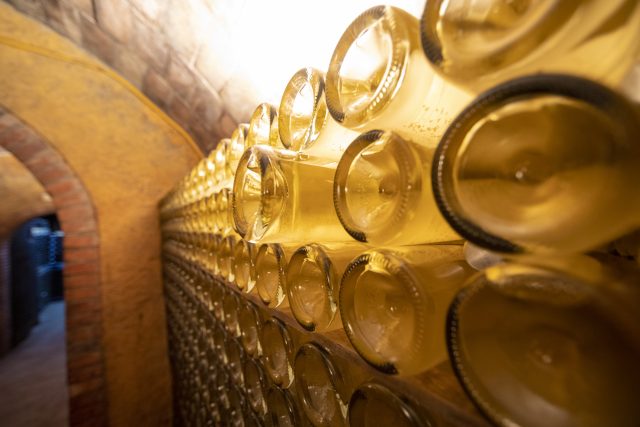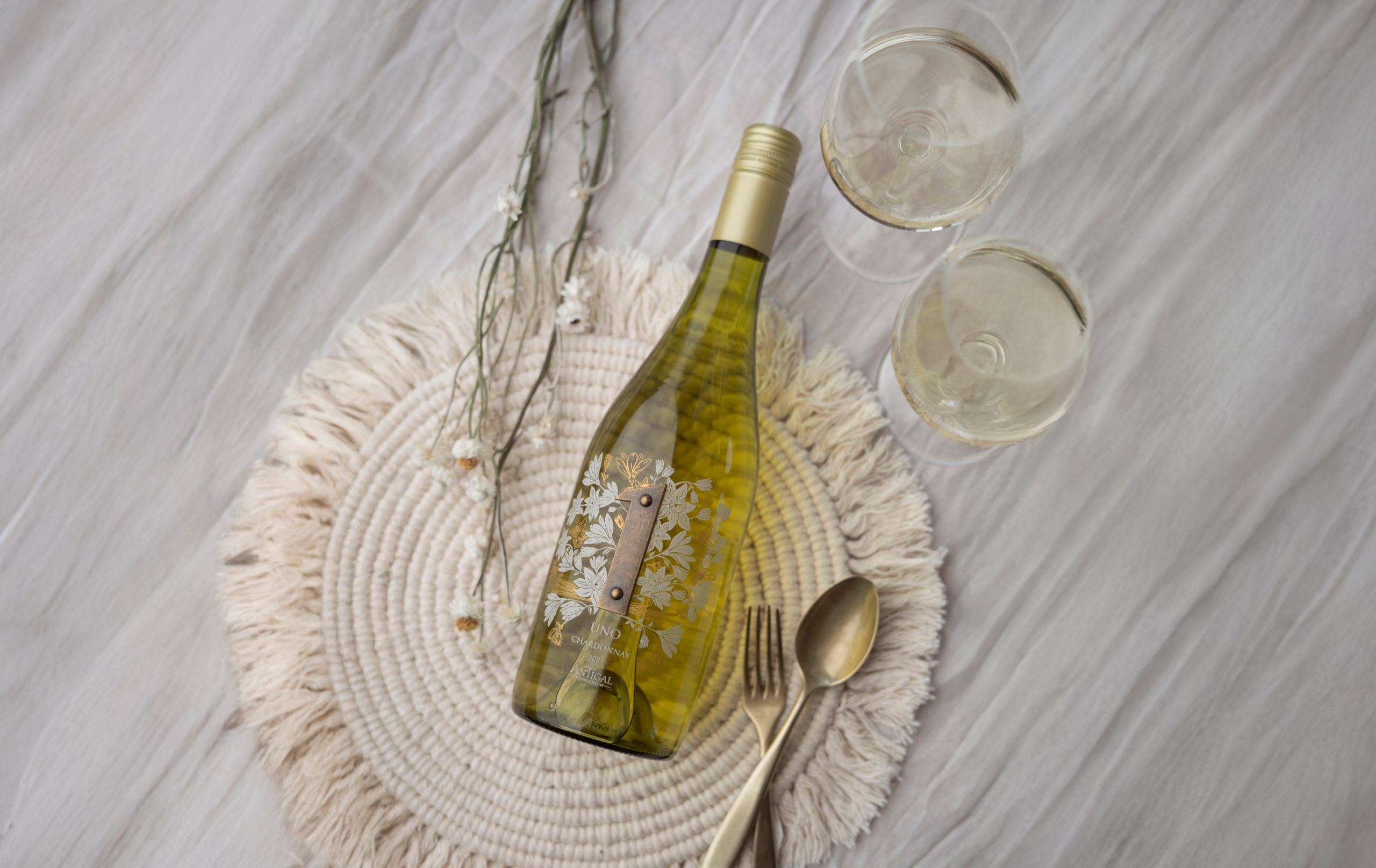Cava reports value and volume growth in 2022
DO Cava has released its 2022 report, calling it a year of recovery for the region following the economic difficulties of 2021, with total sales increasing 4.58% to 249,135 million bottles.

Foreign sales as a whole represented 69% of the DOs total sales, according to the new report. Germany maintained its position as the top consumer (up 2.22%), followed by the US, Belgium and the UK. Sweden entered into the ranking of the top five markets for the first time, with sales up 35.34% year-on-year.
Also noteworthy is the growth in emerging markets with considerable potential, the DO has said, with Switzerland (up 50.36%), Brazil (up 24.30%), Estonia (up 22.19%) and Lithuania (up 21.89%) all showing double-digit increases.
Sales in the domestic market also increased by 13.15%, reaching 77,807,000 bottles. On-trade had the greatest impact, with a notable increase of 32.3% in value and 30.4% in volume. Off-trade channels continued the upward trend, driven by a return to purchasing in-person. The off-premise saw a significant increase of 10.5% in value and 4.3% in volume.
Organic Cava also saw growth, with new regulations setting 2025 as the year when the entire category of Guarda Superior will be 100% organic.
Partner Content
The number of organic bottles produced and labelled now exceeds 32,076,000, with an impressive growth of 40.70% compared to 2021.
Looking to the future, the DO hopes to forge ahead with its commitment to highlighting the quality of Cava wines, continuing work on the Strategic Plan for the segmentation and zoning of Cava.
Javier Pagés, president of the DOP Cava Regulatory Board, said: “2023 will be a year of continued commitment to the core quality concept by all those associates of the Cava Designation of Origin who seek to make further progress by joining forces.”
In line with highlighting this quality message, Sergio Fuster, CEO of Codorníu, one of Spain’s largest Cava producers, spoke to db about the “advantage” of using French terminology on sparkling wine labels in order to indicate a “standard of excellence” most associated with Champagne. Read more here.
Related news
Strong peak trading to boost Naked Wines' year profitability




